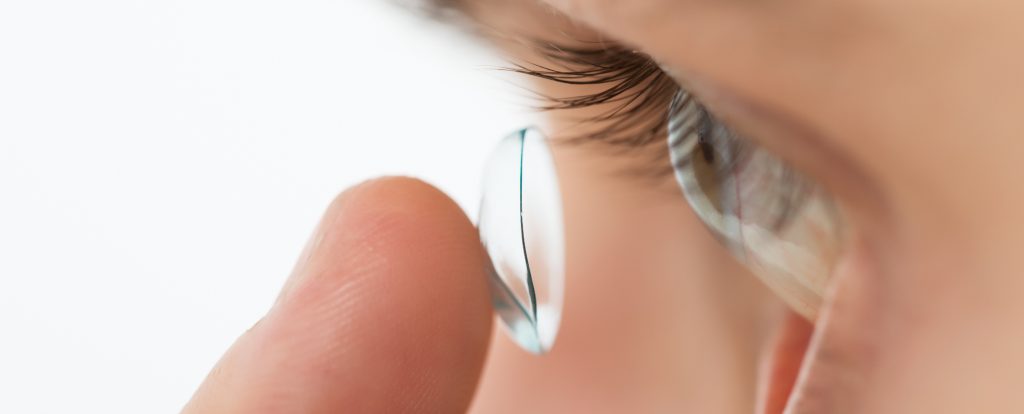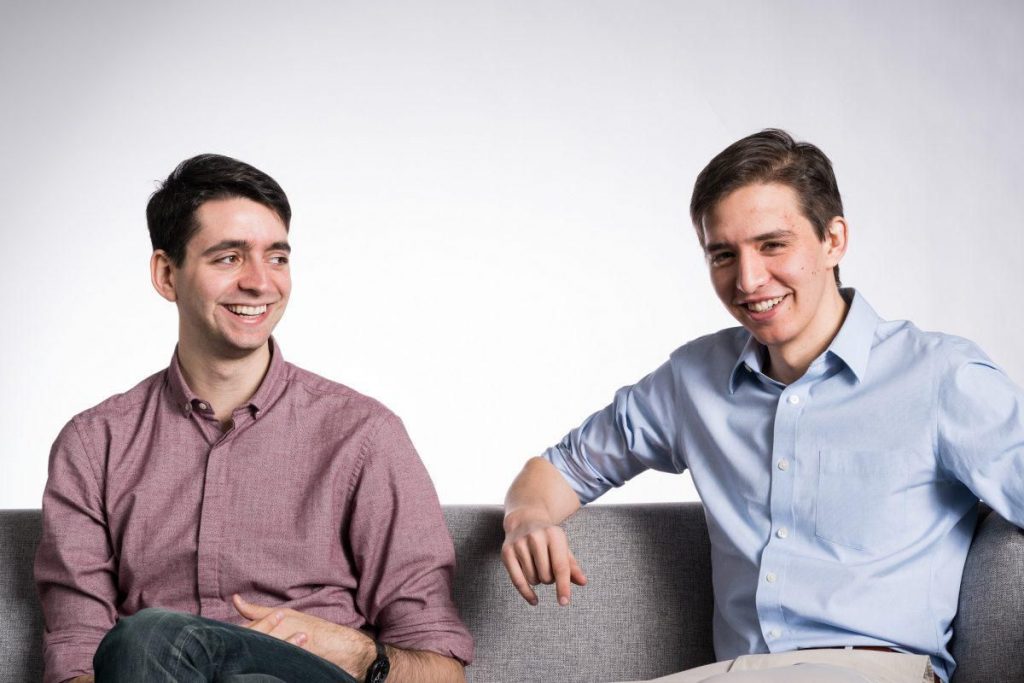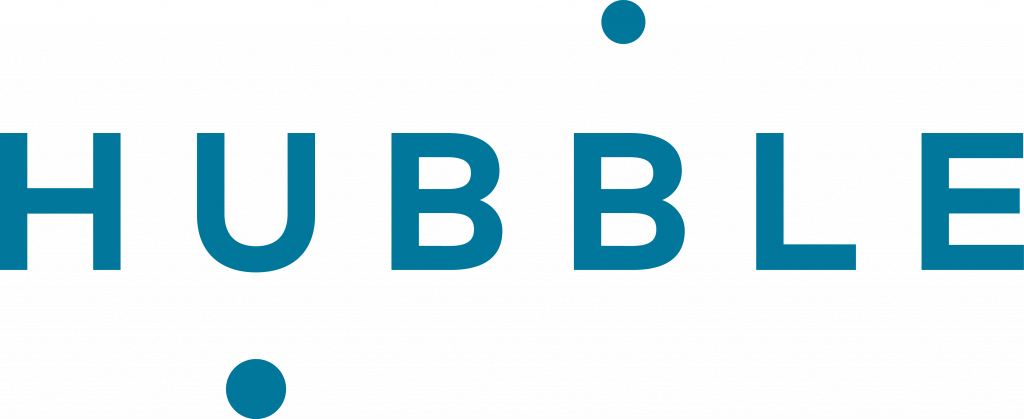To boldly go where no contact lens retailer had gone before – the story and lessons of the launch of Hubble

The genealogy of Hubble is connected with Warby Parker one of the original next generation of start-up brands. Its co-founder Ben Cogan worked at Harry’s; the internet based shaving company which in turn was founded by one of the co-founders of Warby Parker.
It was a great learning experience for Cogan and when in 2015 he was confronted with a sudden rise in the price of his contact lens, he got to thinking whether there might be an opportunity for someone to undercut the current market and go straight to the consumer. In many ways it was a direct parallel to Harry’s where people had been starting to think they were being “ripped off” when buying Gillette razors.
With a little research, Cogan discovered that there are four big players in the contact lens market – J&J’s Acuvue, Valeant’s Bausch & Lomb, Cooper Vision and Novartis’s Alcon and that between them they had dominated the market for a long time. As he suspected their margins were very high. There were a few online retailers, but they re-sold the existing brands and while they offered some discounts their mark-ups were still high so savings were great.
He decided it was time to get more serious.

Cogan had met Jesse Horwitz at a summer internship at hedge fund Bridgewater, and they had stayed friends and it was to him he turned when he started to plan the venture more thoroughly. Horwitz is a contact lens wearer too and recognized the issue and immediately saw the potential.
Together they decided to focus on the daily disposable market as it was the fastest growing sector and in the US prices were 25-50% higher than the rest of the world, which suggested to them that they should be able to undercut the current players if they could find the right supplier.
“Finding the right supplier was one of the most important things, because we felt it would give us a competitive advantage that would be difficult to match” said Cogan.
It didn’t prove to be that easy though. Firstly, they had to go through all the databases of FDA approved companies, a pre-requisite for the US market. They found several dozen but not sure who to focus on, the pair sent emails to them all, and got …not a single reply.
It dawned on them perhaps this wasn’t so surprising. As Horwitz later told author Lawrence Ingrassia that “they [the suppliers] had no idea who we were. It was a cold-call e-mail, and they didn’t get back to us”
They realized that they needed expert help which they found in Bret Andre who was a consultant who helped steer foreign countries through the process of getting FDA approval. Another was Brian Levy, a former chief medical officer at one of the industry big players Bausch & Lomb.
Now able to drop Andre and Levy names in a new round of approaches, Cogan and Horwitz started getting a good response. With a shortlist emerging, they asked for samples to allow them to judge quality and comfort and in the classic start-up approach they got friends and family to act as their research sample.
The big question was however going to be price as their business model depended on securing an attractive wholesale cost. The best prices were available on lenses made with hydrogel and not the newer, slightly higher quality and higher priced silicone hydrogel. Both have similar properties when it comes to important features like pliability and porosity, though silicone hydrogel does allow some more oxygen through.
What Levy was able to tell the two co-founders was that whilst most studies showed some preference for the newer material it wasn’t a huge or fundamental difference and indeed sometimes it just came down to personal preference. Levy also knew that the older hydrogel lenses were still commonly used and were perfectly safe. In the end as with other next generation start-up brands like Dollar Shave Club and Harry’s that compete heavily on price, it wasn’t about having the best and latest technology but having a good enough product at a very attractive price.
This helped further narrow the list down and the four went to Taiwan to visit the short-list of four companies who were all based there. Three fell by the wayside leaving just one but just as Cogan and Horwitz were getting close to finalizing a deal and a price with the last candidate, Levy and Andre came to them with a problem. They had found evidence that FDA had concerns about the company’s testing procedures. As Cogan would later say “We dodged a bullet”
There was a real danger that the trip would end without a deal, so they decided to visit one last and additional potential supplier in Taiwan who hadn’t even been on the original short-list.
Luckily for them they did and even more luckily the company St. Shine was actively looking for a way into the US market. A deal was struck, and they had managed to secure not only the lenses they needed at a good price but they agreed an exclusivity clause so St. Shine would only deal with them in the U.S.

Things moved quickly from there. With a deal in place Cogan and Horwitz secured more backing to the tune of $3.5million allowing them to quit their jobs and focus on getting the company off the ground.
Recognizing that how they came across to what they expected to be a young and fashion-conscious audience, they now focused on developing the brand look and feel and the choosing of a name.
With regard to the look and feel, the brief they set themselves was would the user be happy to take the packaging out of the medicine cabinet and put it on their coffee table, which led to them choosing a stylish baby blue pack.
“Having a nicer box makes a difference. We designed them with this firm in Brooklyn called Athletics. There’s nothing magical about it. But if you look at the other resellers, they haven’t been redesigned in 20 years”, says Cogan.

As for the name, Cogan’s dad deserves the credit according to his son. Cogan (Ben) told “Ventures Unplugged” that his dad was inspired by Ben’s girlfriend, who went to Princeton and is an astrophysicist. She worked with the Hubble space telescope and he thought that it would make a great brand name. The team really liked it because it was modern, aspirational and was related to vision. Much to everyone’s surprise when they checked it hadn’t been trademarked so they quickly registered it for themselves.
The brand launched in November 2016 and whilst not without some challenges the brand has been growing fast ever since.
And the moral is, well the morals are…
Solve a personal problem…one that affects you and is something you care about
Find a partner, a co-conspirator who you like and trust to help and don’t be afraid to find expert help.
Find the right producer, not necessarily the one with the latest technology
Add a coolness factor in a staid product field.